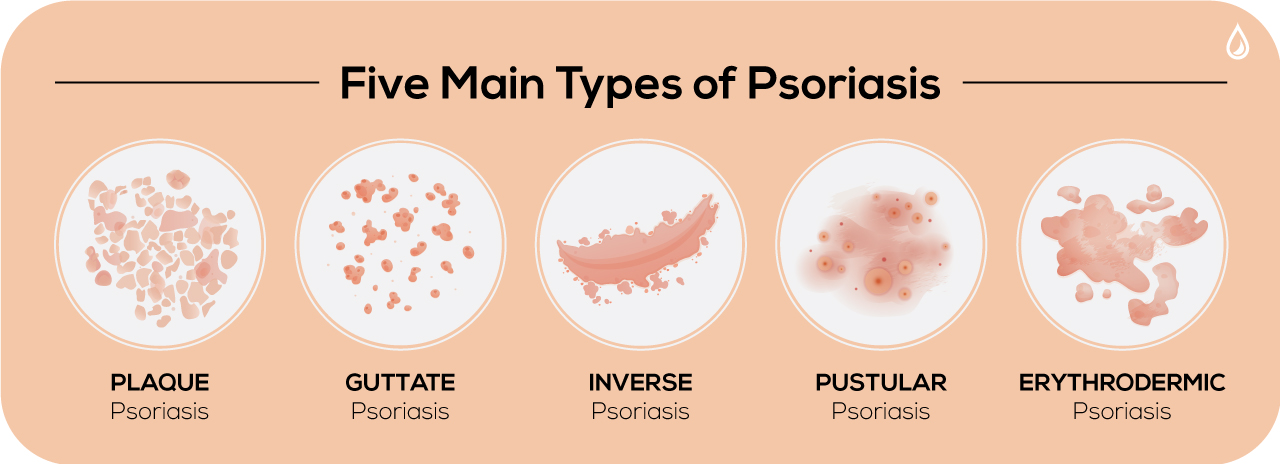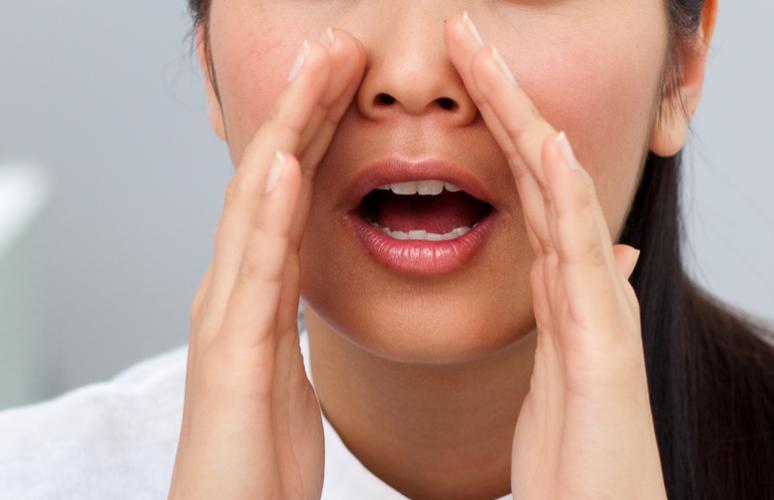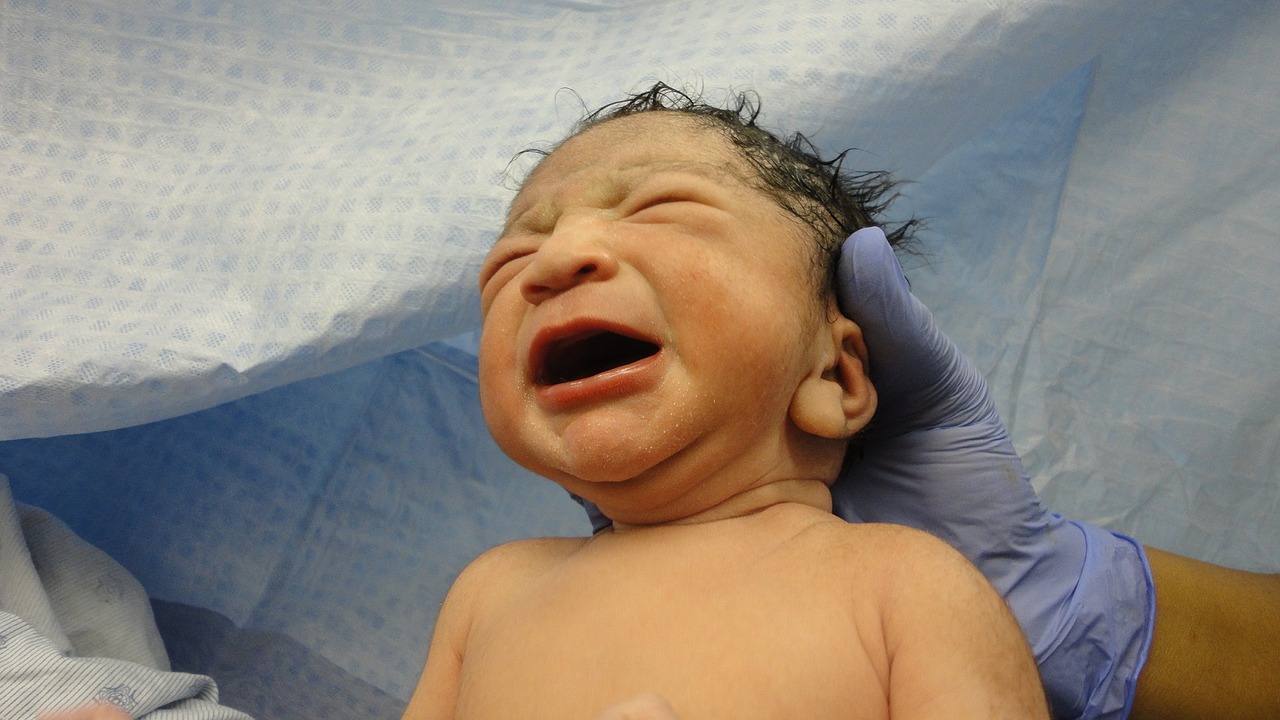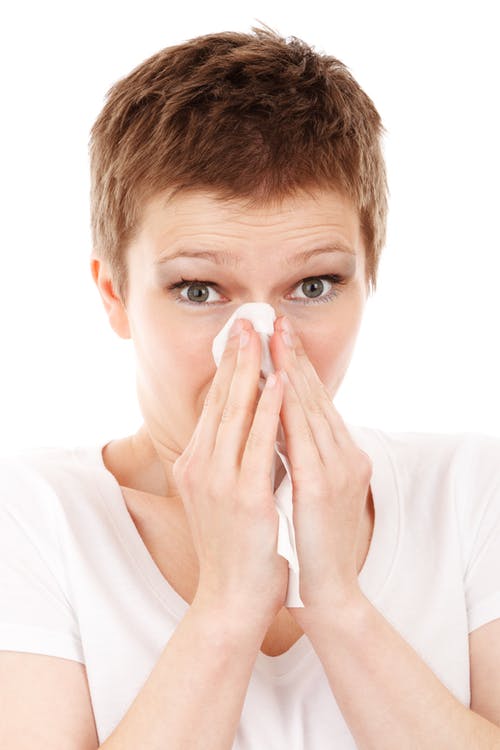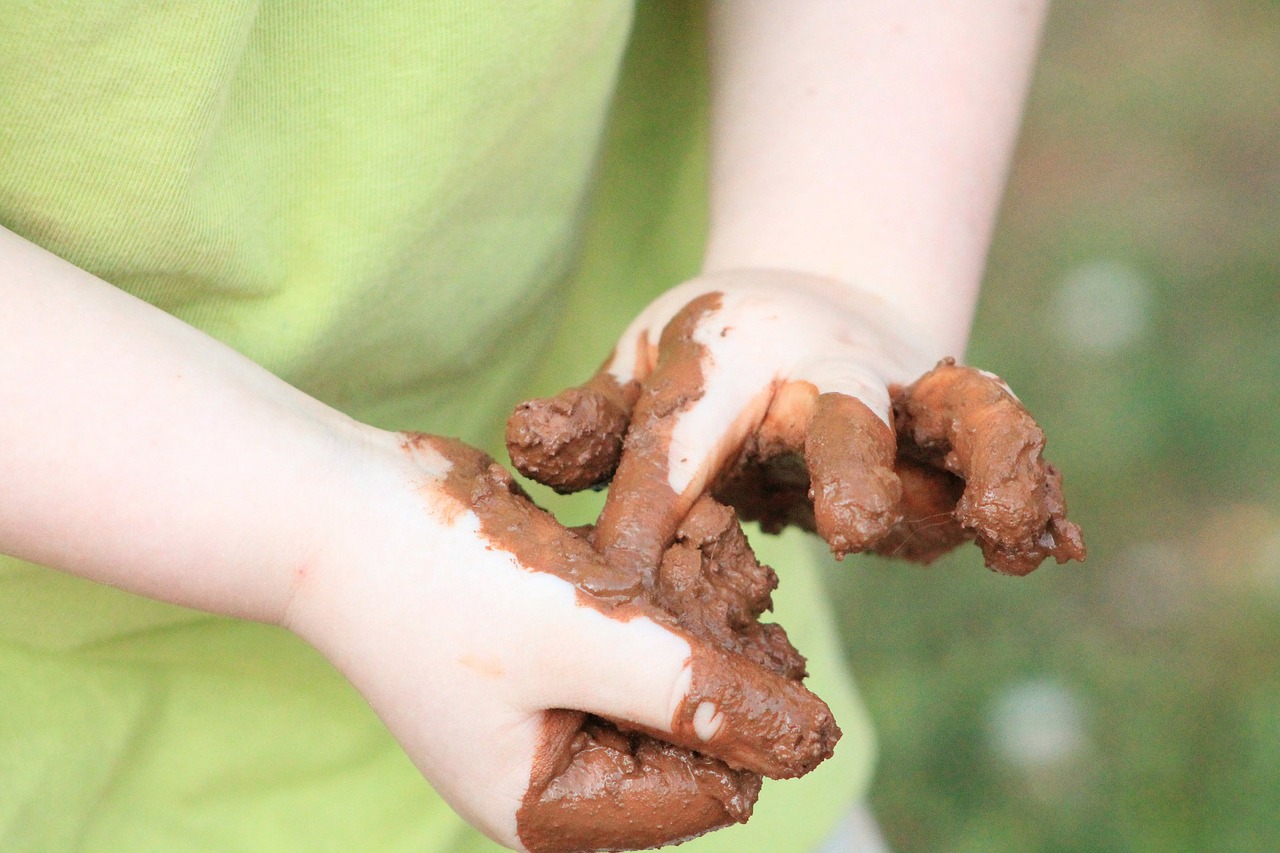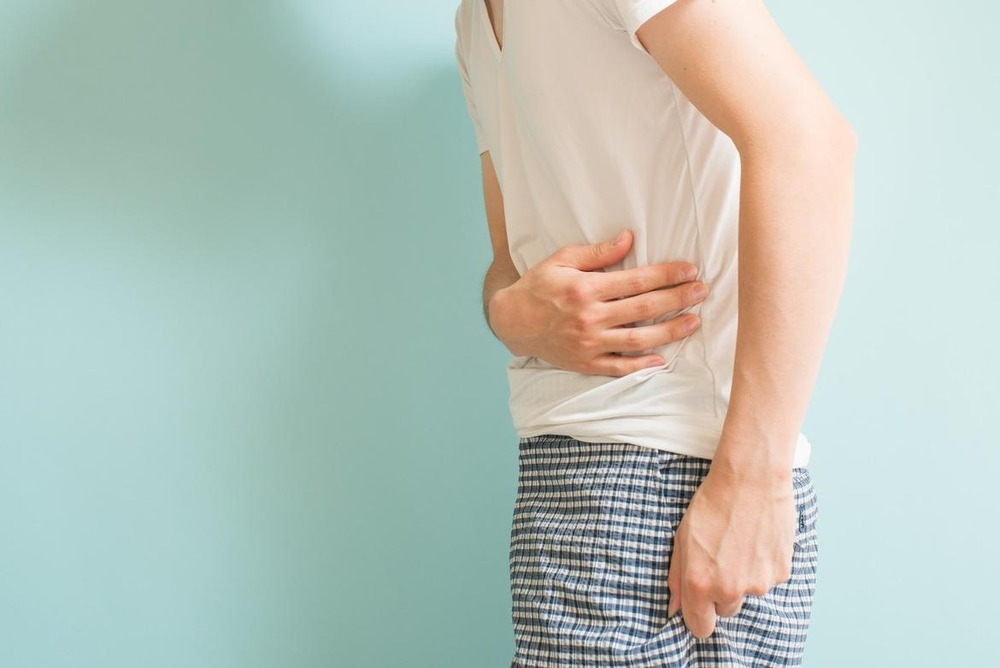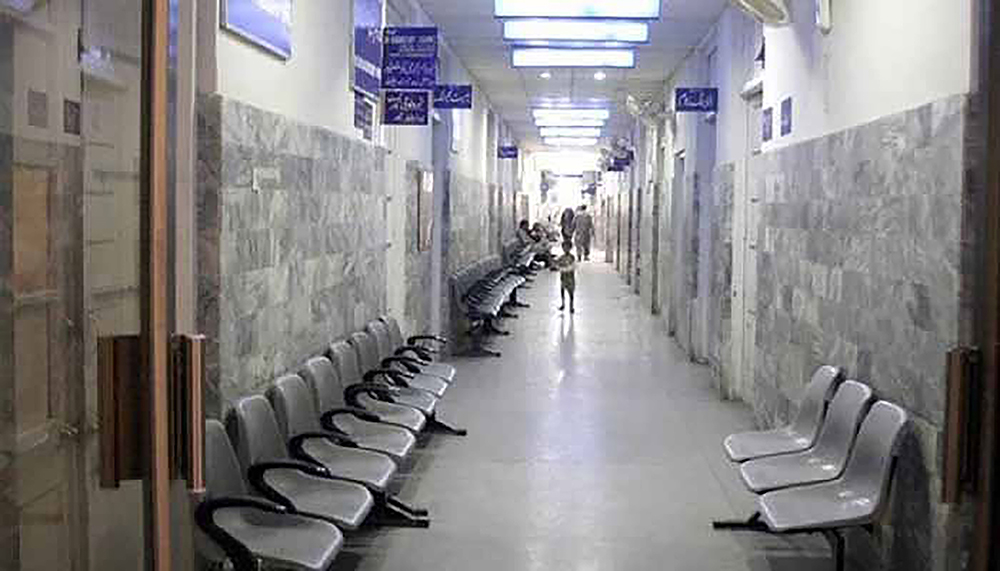Arshad, 40, was getting miserable from itching and inflamed skin patches that were spreading on his body. He had scales that were itchy. And was restless if he did not scratch them. His face was also affected and it remained inflamed all the time. All this was embarrassing for him therefore he hesitated to meet people. Arshad had psoriasis.sni
According to Dr Kalsoom Rizwan, a dermatologist from Faisalabad, skin disorders which affect an individual’s looks can cause depression, stress and low self-esteem. Psoriasis is one such disease.sni
What is Psoriasis
It is an autoimmune disease in which immune system reacts with skin cells and causes them to grow excessively. Explaining the mechanism she says that T cells are type of white blood cells which are soldiers of the body and fight against disease and infection. In this disease they become overactive and start producing extra skin cells. So, the upper layer of skin (epidermal) is replaced in three to five days, instead of normal 28 to 30 days. Extra skin cells form silver scales and dry red patches. She adds that psoriasis can be mild, localized to certain spots, or can be severe and spread to the entire body.sni
Causes & Symptoms of Psoriasis
Research is still going on to find out the exact cause of psoriasis but so far, studies have revealed that genetic factors are responsible for it. Other than genes, environmental factors can also trigger the problem. For instance, trauma, heat, severe sunburn, smoking, skin dryness, recurrent infections, stress, obesity and cold weather. Certain medicines of high blood pressure and anti-malarial drugs can also serve as triggers.sni
Psoriasis symptoms include itching, swelling, pain, fever, muscle aches, red tender skin and nausea.sni
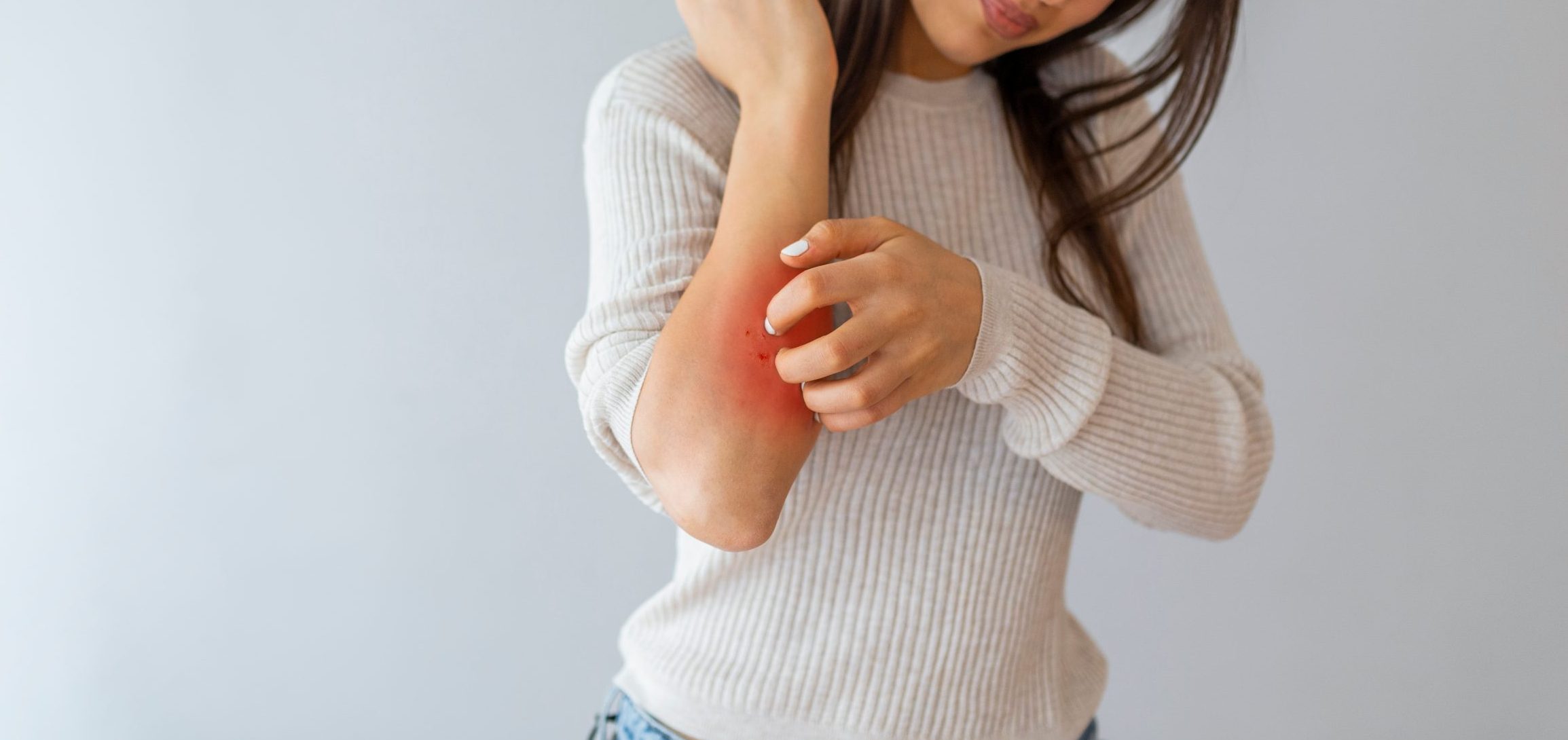
Types of Psoriasis
There are many types of psoriasis. The most common type is plaque psoriasis. Red inflamed patches with white scales on shin, scalp, belly button, elbows and knees are common symptoms of this type.sni
Guttate psoriasis is one in which drop shaped lesions cover large areas of the body.sni
In inverse psoriasis skin folds and genitals become covered with smooth red patches of inflamed skin.sni
In pustular psoriasis mostly hands and feet are filled with small noninfectious pus filled blisters.sni
In erythrodermic, rashes are widespread and fingernails and toe nails are also affected. It is fatal because it badly affects the regulating ability of skin.sni
In nail psoriasis, nails become brittle and discolored, and separate from nail bed.s
Scalp psoriasis can be reduced to a small area or can cover full scalp extending to forehead and neck. Dandruff and hair fall with severe itching makes it really upsetting. Patient feels like scratching his skull. Anti-dandruff and moisturizing shampoos can provide a bit relief but not permanent cure.sni
| Psoriatic arthritis is a highly painful condition in which inflammation of skin is accompanied with inflammation of joints. The situation becomes worse when inflammation reaches to spine, tendons and cartilage, causing disability.sni |
Diagnosis & Treatment of Psoriasis
There is no special diagnostic procedure or blood test to diagnose psoriasis. Doctor can examine skin appearance and sometimes biopsy is performed to find out the type and severity of disease.sni
Unfortunately, there is no cure for psoriasis. It can be treated by controlling the symptoms and managing them well. According to Dr Kalsoom, controlling psoriasis focuses on removing scales, smoothing skin and slowing cell growth. Mild to moderate psoriasis can be managed easily by certain creams:sni
There are steroid based creams, vitamin D creams and other topical applications, which work by suppressing the immune system. Steroids however, have lots of side effects. They cause thinning of skin and increase resistance against treatment. So try to avoid steroid based creams and medicines.sni
| Biologics are medicines which slow down cell growth and inflammation by blocking the immune responses. They carry serious side effects because blocking immune system means inviting multiple infections.sni |
Other than this, phototherapy is a treatment done by ultraviolet rays of sun or special lamps. Overactive T cells slow down in the sun. Controlled ultraviolet exposure by dermatologist is a better option instead of sitting directly in sun, because sun exposure can always cause skin issues like, dryness and skin cancer. Laser treatment to retard cell growth is also effective. For severe psoriasis topical creams are combined with medicine and phototherapy and this is called photo chemotherapy.sni
Management of Psoriasis
Dr Kalsoom recommends using lubricants and ointments which provide soothing effect by sealing water in the skin and thus preventing itching and scaling.sni
Bathing daily especially with dead sea salt or Epsom salt or soaking your body in water for a few minutes helps in removing scales and decreasing inflammation.sni
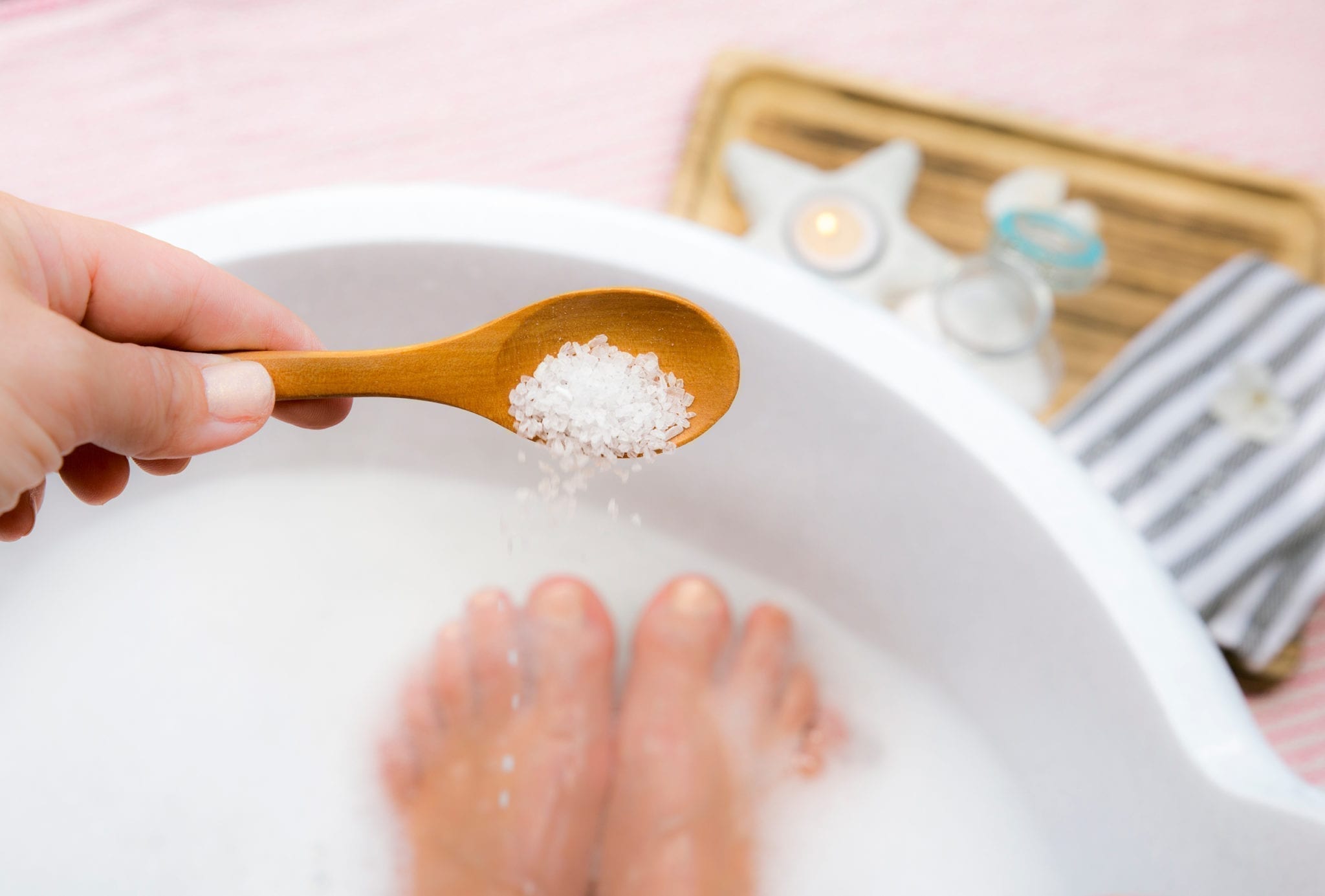
Moisturizing skin immediately after bathing with olive oil or petroleum jelly prevents dryness. Dryness always increases itches and rashes. Avoid using hot water, instead always use lukewarm water. Keeping a humidifier in room also prevents dryness and itching.sni
Use soaps and moisturizers without dyes and perfumes because they can cause further inflammation to psoriatic skin.sni
Diet also plays a role so avoid spicy food. Eliminate red meat and fatty foods from your diet. High fiber foods and fruits help. Being stress free and exercising daily also helps to prevent flare ups.sni
Psoriasis is an unpredictable condition. One treatment may work for one patient but not for other. Moreover, there are episodes of remission and sudden flare ups. It is important for patient to get the right information about his disease. He must find out what provides trigger to flare ups and avoid it.sni
psoriasis causes, management of psoriasis, skin issues, skin problems,skin health, shifa news, skin, skin diseases, chanbal ka ilaj, home remedies for psoriasis



